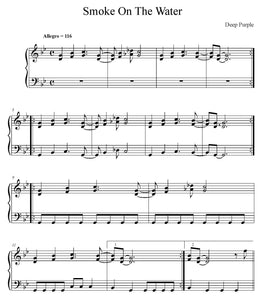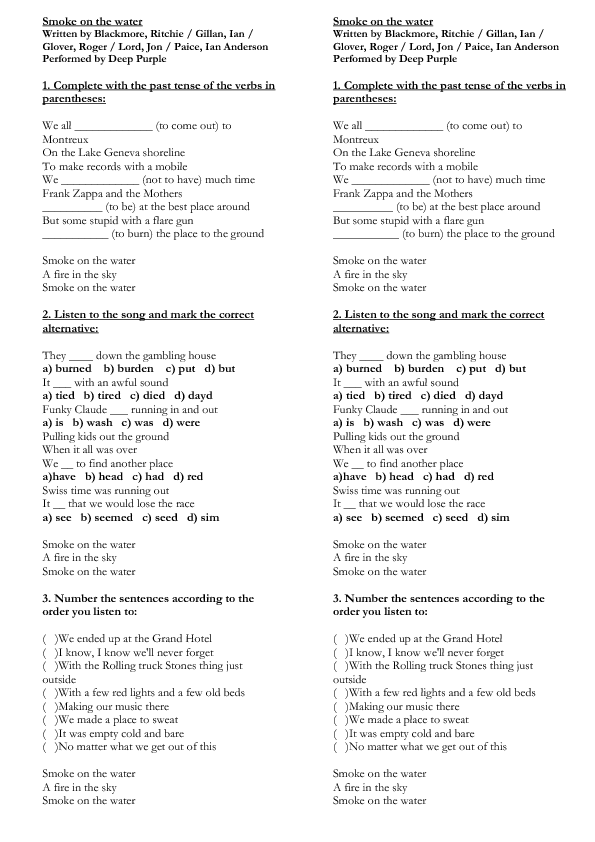

You can also read the smoke, by saying a few words and watching to see if it moves toward you or away from you. If you don't hear anything, the answer is unclear right now. Decide on a good number of pops for "yes" or "no," light the mixture, and ask your question. Seeds will produce a small popping sound as the seeds heat up and burst. One of the easiest ways to get started with divination is with simple "yes" or "no" questions. Libanomancy (also known as livanomancy and knissomancy) is the practice of using incense for divination. If the energy is positive and fresh, the smoke will form billows and clouds. The smoke will form a thin stream towards the ceiling if the energy in the room needs clearing. To do this, hold a lit stick, cone, or coil in a draft-free room. Some practitioners swear by using the shape of smoke to tell when a space needs to be cleansed. Whether burning powder, sticks, cones or resins, incense smoke and ashes can give help more than you know. The burning of incense helps cleanse a space, set the right atmosphere for a ritual, and lifts up prayers and workings to higher powers. Hawaiian Studies 211 students participating in a class imu.Burning incense is a that has been around for centuries and serves many purposes for magic and spiritual practitioners of all faiths and religions. He describes it as an intensive rotational-grazing, pasture-hog farm, using 100 percent heritage breed Berkshires. He also works at Kaunāmano Farm in Umauma on the North Hilo coast. He and his girlfriend, Nanealaʻakea, welcomed their daughter Keolaʻōiwi, on February 7, 2018. Scanlan, who is currently pursuing a masters degree in Hawaiian language and literature at UH Hilo, is also a new father. “That’s why I keep on teaching, to see them have the moment of changing their whole aspect of thinking.” Father, hog farmer and graduate student “For them to be able to husk the coconut, open a coconut, grate the coconut, squeeze out the milk and taste the haupia at the very end, for some of them, you can see it in their face, it kind of changes their whole aspect on how they can use this cultural background to understand the place that they are at,” he said.

Scanlan says many of his students, including those from Hawaiʻi, have never seen things like the inside of a coconut. “For example, we grate coconut, we juice sugar cane, we mix ʻawa, we make rope, we make whistles.” “In my course, we try to make it more of a hands-on experience where you’re working with a different Hawaiian plant every week to create a new product,” said Scanlan. He teaches Hawaiian ethnobotony at the Ka Haka ʻUla O Keʻelikōlani College of Hawaiian Language. He has been a part-time lecturer at UH Hilo, his alma mater, since fall 2015 after graduating in spring 2015 with a bachelor’s degree in Hawaiian language. Just as “Smoke All Day” expresses Scanlan’s cultural style of living, so does his teaching style. A musician and an educator Scanlan preparing a small wild hog that he caught earlier in the week, to teach the importance of basic plants in the Hawaiian culture and the application in traditional underground cooking. He is also set to release a new single “Utu Bang Bang” on February 14. “Smoke All Day” can be downloaded on just about every major music service and is Scanlan’s second song after issuing “ He Kanaka” in 2016. “We have a line that says, “shoyu, sugar, ginger, garlic, chili pepper water,” which is a pretty classic list of ingredients,” said Scanlan, who grew up playing music, which is a big part of his family’s life.

Part of its popularity, beyond its catchy reggae vibe and Scanlan’s smooth delivery, are the lyrics. “Smoke All Day” went viral since its release on November 28, 2018, receiving airplay on many local radio stations. “It speaks to the lifestyle but also at the end it wraps up and says smoke meat, not batu, meaning smoke meat, not drugs.” “It’s a traditional delicacy that might not be a Hawaiian cultural, traditional kind of thing, but it is totally a thing anywhere you go in these Hawaiian islands,” said Scanlan. The song Scanlan wrote and performs is about smoked meat. “You may think this is about drug use but instead we are taking that preconceived idea and switching it to talk about preservation of foods, future sustainability and a recognition of cultural presence and activity here on the islands, which is smoked meat,” said Scanlan. University of Hawaiʻi at Hilo lecturer Kaʻikena Scanlan knows what people will assume when they hear the title of his reggae style song, “Smoke All Day.” That, he says, is intentional.


 0 kommentar(er)
0 kommentar(er)
